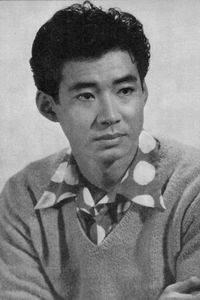Moazzam Begg, a British Pakistani Muslim born in 1968 in Sparkhill, Birmingham, England, was held in extrajudicial detention for nearly three years in the Bagram Theater Internment Facility and the Guantanamo Bay detainment camp in Cuba by the U.S. government.
The Pentagon claimed Begg was an enemy combatant and al-Qaeda member, recruited others for al-Qaeda, provided money and support to al-Qaeda training camps, received extensive military training in al-Qaeda-run terrorist training camps in Afghanistan, and prepared to fight U.S. or allied troops.
However, Begg admits spending time at two Islamic militant training camps in Afghanistan, supporting militant Muslim fighters, buying a rifle and a handgun, and being an acquaintance of people linked to terrorism.
He was incarcerated at Bagram, where he was subjected to mistreatment, including being hog-tied, kicked, punched, and left in a room with a bag put over his head, despite suffering from asthma.
After being moved to Guantanamo Bay, he witnessed two other detainees being beaten to death, and officials concluded that they were murdered, leading to an investigation.
Following intensive discussions with the U.K. government, President Bush released Begg without charge on January 25, 2005, over the objections of the Pentagon, the CIA, and the FBI, who were concerned that Begg could still be a dangerous terrorist.
In 2010, the British Government announced a financial settlement with Begg and other individuals who accused British officials of complicity in their alleged abuse and torture while in U.S. custody.
After his release, Begg became a commentator on radio and television on issues related to the UK Muslim community and anti-terror measures, and toured as a speaker about his time in Guantanamo and other detention facilities.
He has also co-authored a book and written broadsheet and magazine pieces, and has spoken out in support of the right of the Afghan people to fight foreign occupation.
In 2010, Gita Sahgal, then the head of Amnesty International's gender unit, publicly condemned her organization for its collaboration with Begg, calling it "a gross error of judgment".



















